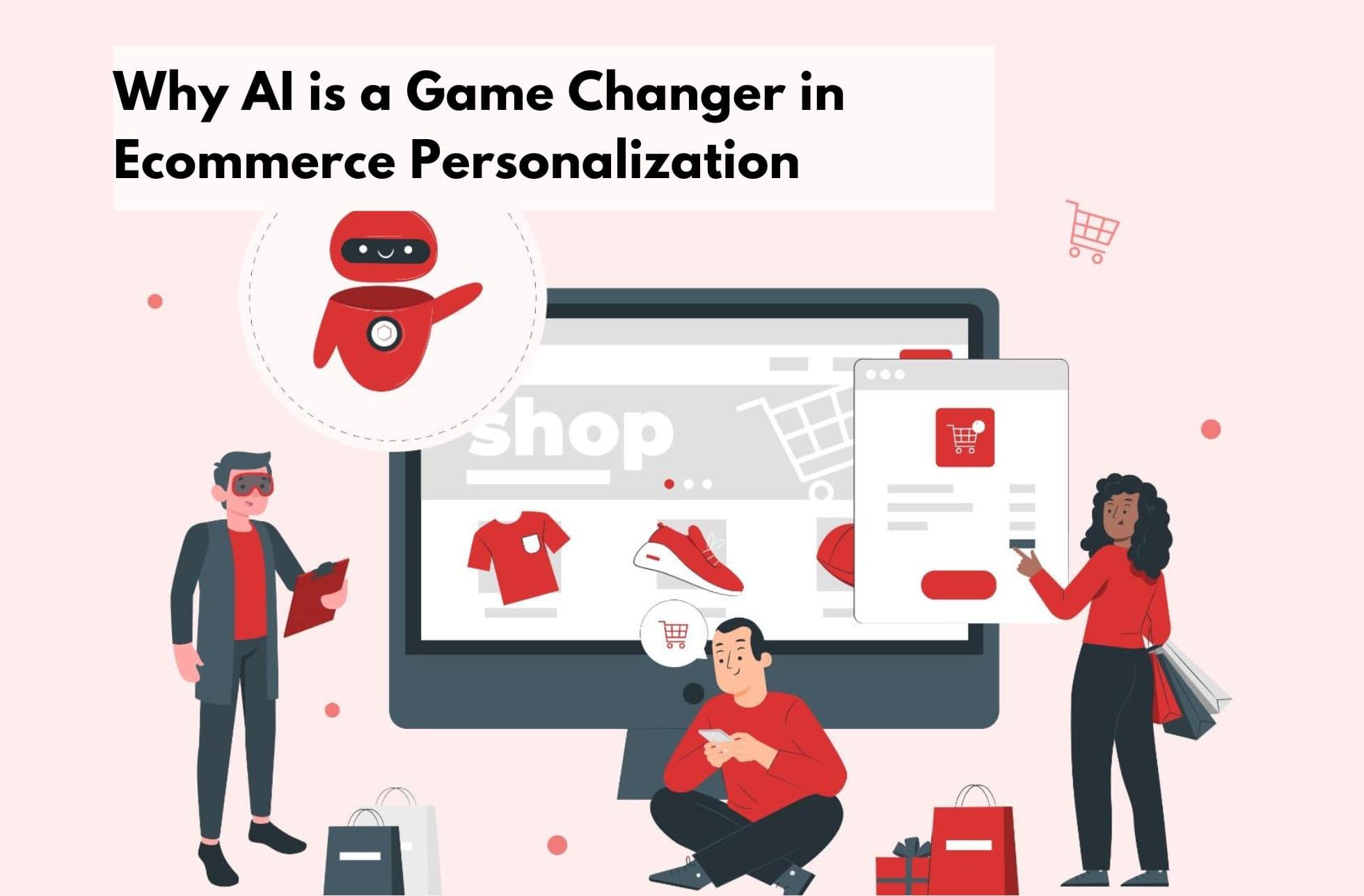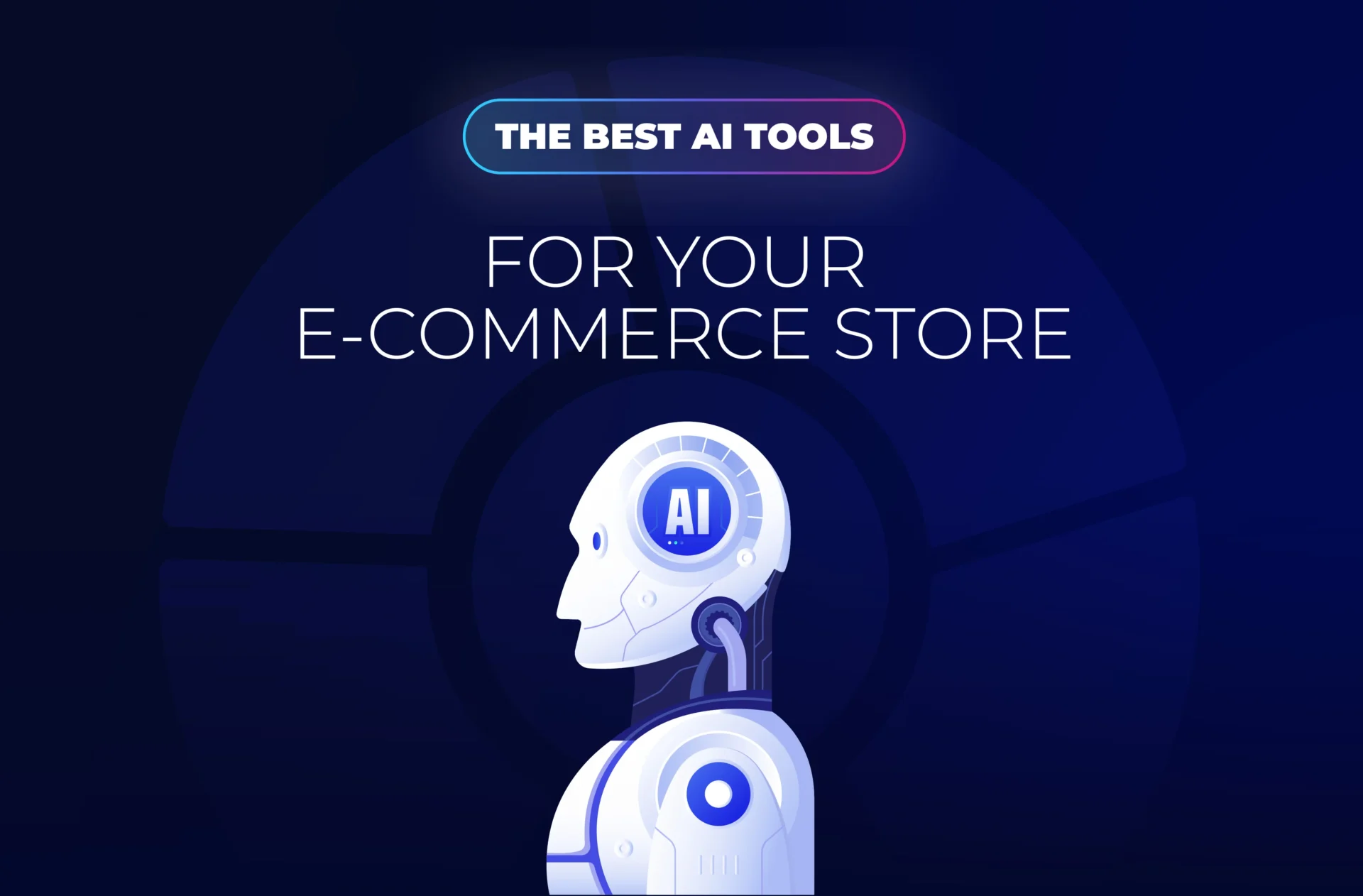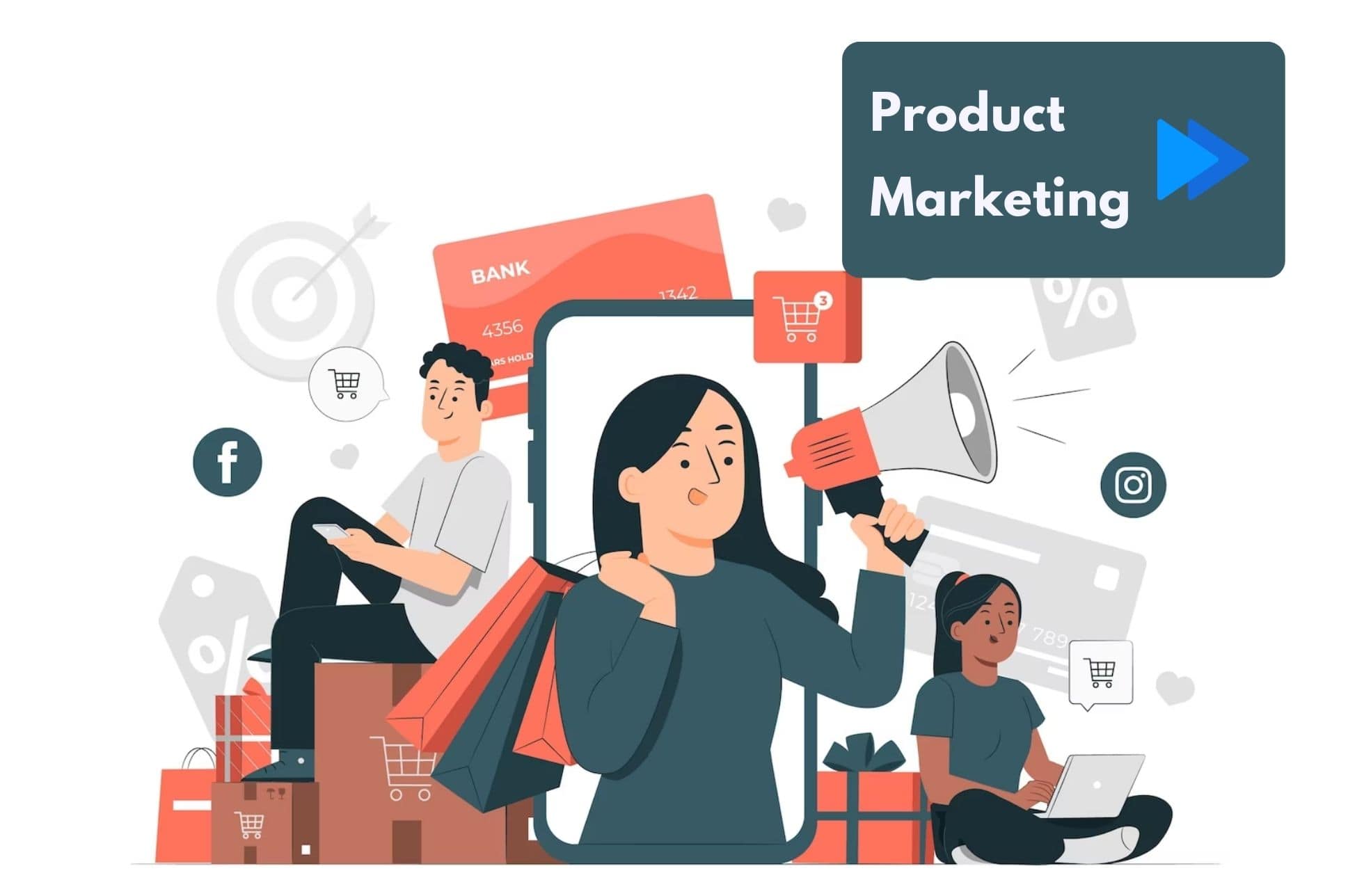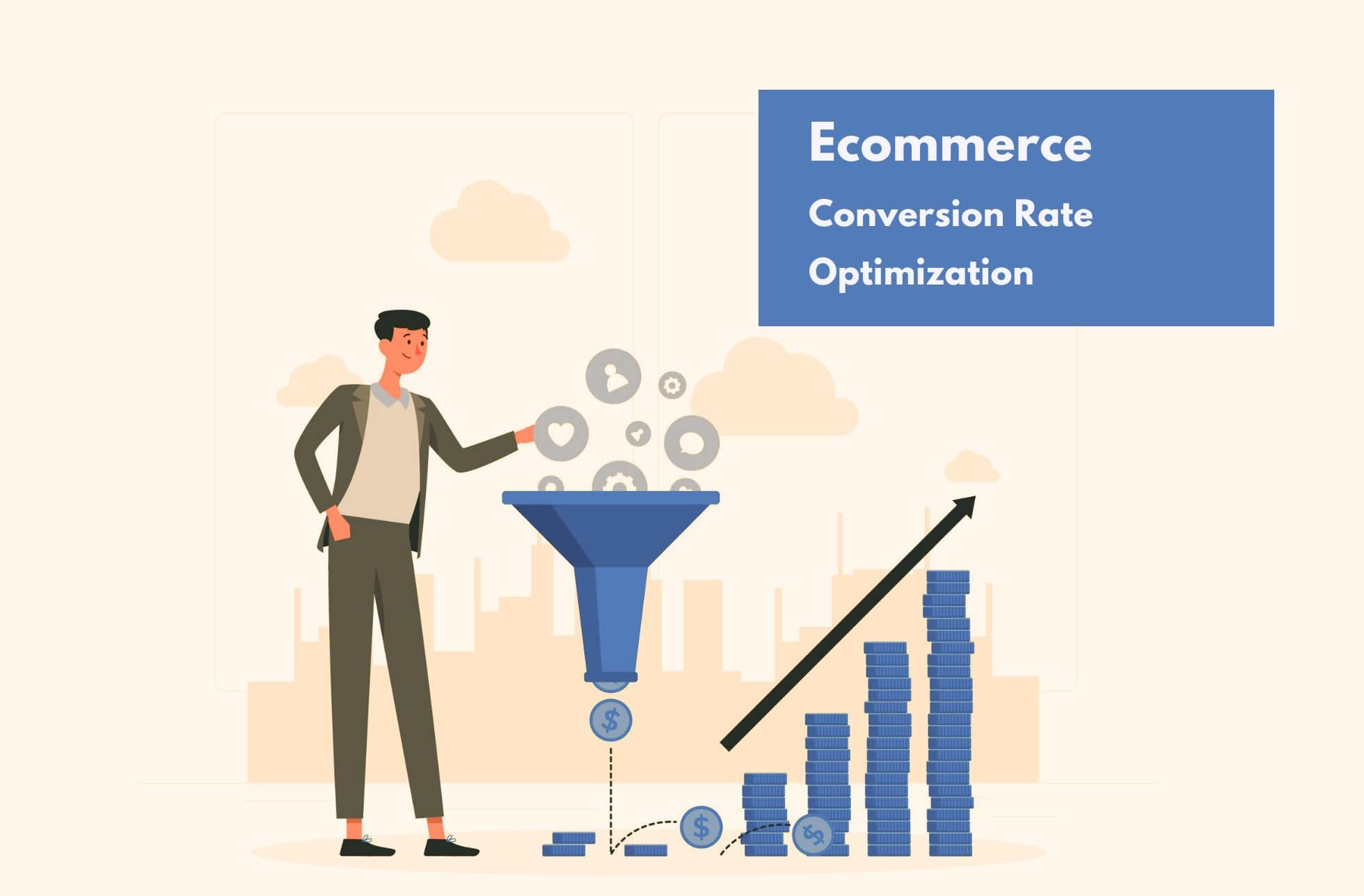Over the past few months, there has been a surge in discussions surrounding Artificial Intelligence (AI) due to the introduction of products like ChatGPT by OpenAI. AI has become increasingly pervasive in various aspects of our lives, and its significance continues to expand with each passing year.
The same applies to the eCommerce industry and Ecommerce Personalization. With concepts ranging from personalized product recommendations to chatbots, the possibilities for implementing AI in this sector are constantly evolving.
By tailoring the shopping experience to cater to the unique preferences and needs of individual customers, eCommerce businesses have the potential to enhance customer loyalty, increase sales, and boost overall revenue, thereby distinguishing your online store from the competition.
Here, we will discuss several ways that AI can be used to personalize the eCommerce experience, covering areas such as product recommendations, push notifications, and more.
Whether you are embarking on the initial stages of eCommerce personalization or seeking to elevate your existing strategy, the following suggestions will help you provide your customers with an immersive and profitable online experience.
The Need for Personalization for eCommerce
In the past, during visits to traditional stores, there would typically be a store attendant available to assist you in locating the products you wished to purchase. However, as time has progressed, we find ourselves in the era of eCommerce, where merchants and sellers must employ eCommerce personalization techniques in order to stay ahead in the competitive landscape.
The essence of personalization lies in providing customers with individualized shopping experiences by utilizing commerce data, which encompasses customer and product information. Customer data encompasses transactional, behavioral, demographic, and personal details obtained from customers. On the other hand, product data refers to readable, quantifiable, and structured information, such as product titles, images, and categories, that can be effectively utilized to enhance the shopping experience.
Personalization can occur in various forms including:
- Personalized gift card for first-time buyers
- Exclusive product suggestions on the brand’s homepage
- Special offers for cart abandonment
- Personalized marketing emails and more
The Role of Artificial Intelligence for eCommerce Personalization
Artificial intelligence (AI) technologies are transforming the dynamics of customer-business interactions. Here are six ways in which AI is revolutionizing personalized commerce:
Cross-device personalization
As you may have observed, individuals commonly utilize multiple devices when engaging with a brand. For instance, they may begin by searching for a product on their smartphone and then switch to their laptop to finalize the purchase.
Consequently, customer data becomes fragmented across various devices. The existence of this fragmented data can often pose a challenge for retailers, as it becomes difficult to consolidate and analyze. This is the primary reason businesses encounter difficulties when attempting to personalize experiences across multiple devices or channels.
Thankfully, AI-powered personalization adopts a multi-channel approach, enabling AI tools and technologies to monitor various customer touchpoints such as websites, mobile applications, social media, and more.
By tracking customers’ interactions across these different channels, AI creates a unified customer profile. This unified profile proves invaluable for retailers as it allows them to personalize their offerings consistently across different devices and channels.
Push notifications
In recent years, the utilization of mobile internet has experienced a significant surge, with smartphones being owned by 80% of all internet users. This rise in mobile internet users, coupled with the declining open rates of emails, opens up new opportunities for businesses.
They can now harness mobile marketing as a means to effectively convey their messages, utilizing push notifications as a powerful tool.
Push notifications, similar to text messages, are sent directly to smartphone users without being caught in spam filters. They can be incorporated for the following purposes:
- Exclusive discounts
- Invitations
- Social media pages
- Proximity alerts
- And individualized product recommendations
While not everyone appreciates receiving notifications, as some of them may be spam, artificial intelligence (AI) comes to the rescue in such cases. AI-powered personalization enables analysis of customer interaction with push notifications, helping to identify their specific interests. This enables brands to segment users in a highly personalized manner, based on their individual preferences.
Dynamic pricing
Numerous brands employ dynamic pricing, a strategy that leverages AI to analyze data and establish optimal product pricing. This approach allows businesses to set prices according to individual customer behavior, inventory levels, and market demand. By adopting this model, brands can enhance sales and profitability by optimizing prices for each customer.
For small eCommerce stores with limited resources to manually analyze customer data and adjust prices, this strategy proves highly advantageous. Implementing this model enables the provision of personalized pricing aligned with each customer’s willingness to pay, thereby enhancing customer satisfaction and loyalty.
Product suggestions
As a business, your ultimate objective should be to increase sales from your current customer base, as existing customers tend to make more purchases compared to new customers. By integrating AI into your website, you can provide personalized product recommendations to enhance the customer experience and drive more sales.
Upon the visit of an existing customer to your website, the AI-powered algorithm initiates the collection of data, including their browsing behavior, past transactions, interests, and demographics. This information is then analyzed to present customers with tailored content that aligns with their preferences. Consequently, this approach enhances the likelihood of customers making purchases beyond their initial intentions.
Site Search Personalization
In today’s era, people are familiar with technology and have a firm grasp of their specific goals. According to the Forrester Report, around 43% of website visitors utilize the search box to find particular products, presenting a valuable opportunity to provide a personalized site search experience.
AI-driven personalized search utilizes the distinctive profile of each user to generate pertinent product recommendations. It takes into account metadata such as:
- Brand preferences
- Purchase history
- Time of the day
- Geo-location
- Query
- Past search history
- Gender
- And product ratings.
To ensure search results align with the user’s intention, query understanding becomes crucial.
AI-powered personalized site search solutions employ various techniques to comprehend the meaning behind a user’s query. These techniques include:
- Semantic query understanding
- Query segmentation
- Vectorization
- Natural language processing (NLP)
- Word embeddings
- Scoping
Spelling errors frequently pose challenges for many websites. However, AI-powered optimized search utilizes natural language processing (NLP) to comprehend the subtleties of human language and present relevant search results.
Conclusion
The goal of business personalization is to comprehend each customer on an individual level and develop a data-driven strategy that imparts a personalized experience, evoking a sense of personal connection when customers interact with your brand.
With that being said, the data required to enhance personalization in commerce is scattered across multiple touch points where you engage with your customers. These encompass your website, mobile apps, social media platforms, and other channels. AI simplifies this process by analyzing vast amounts of commerce data and generating distinct buyer personas or profiles.
As a result, you can address consumers directly instead of generalizing target audiences. This enables the delivery of consistent, personalized experiences at every interaction with the consumer. Consequently, it enhances customer loyalty and ultimately leads to improved sales performance.





